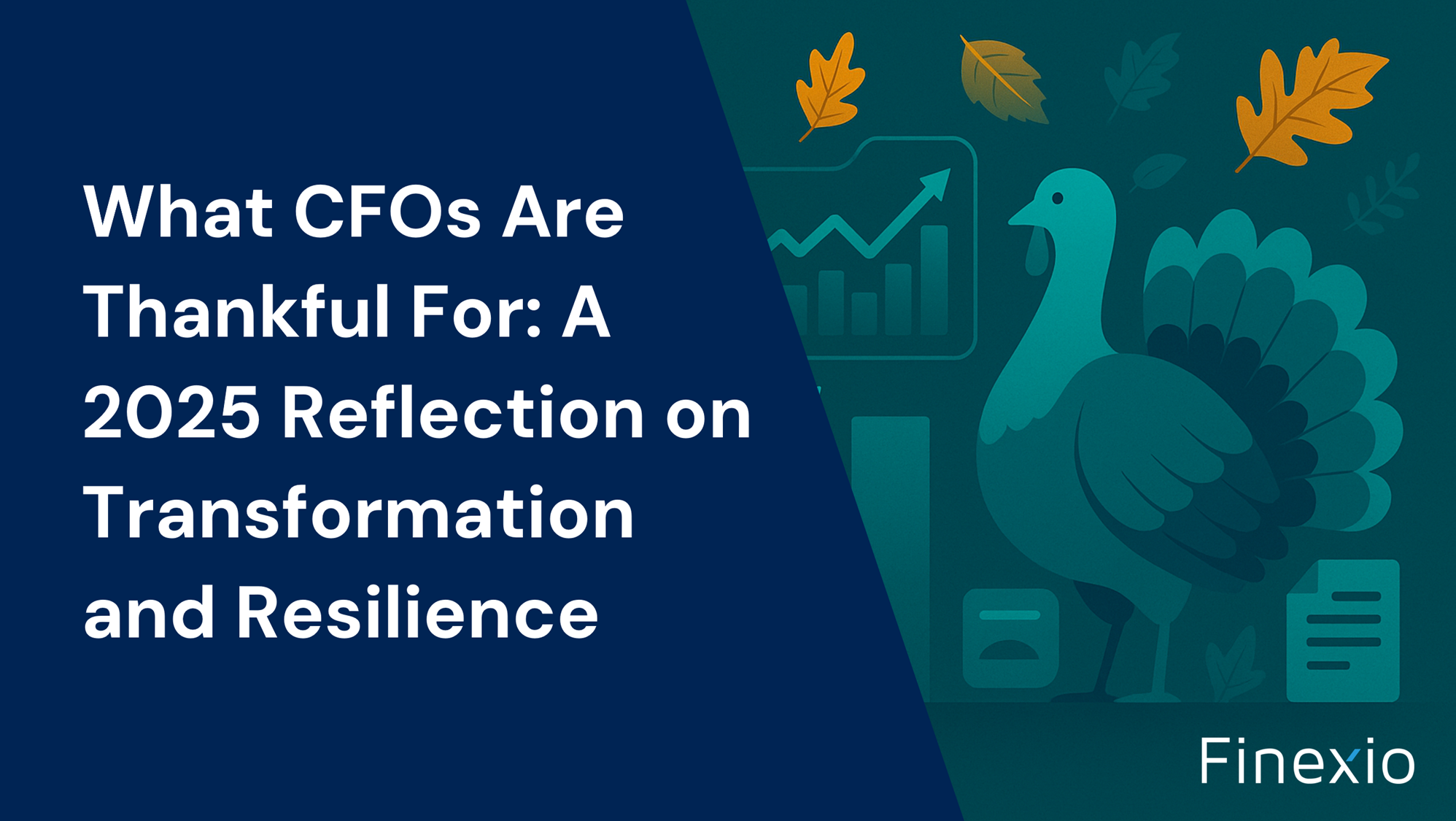How Fintech is Changing B2B Cashflows


Article specially written for finexio.com
By Ashley Hudson
The integration of technology in financial services has disrupted long-standing traditions in banking. Financial technology (FinTech) is a testament to how consumers can get more intelligent, secure, and faster services with innovative applications.
In a podcast episode on FinTech innovations, our own Ernest Rolfson chatted with CheckAlt’s Dave Peterson, who stated that these tech solutions are strategic services that benefit businesses, suppliers, and customers. FinTech gives businesses a chance to reduce their costs and improve their gross margin through a tailored solution that is safe, fast, and reliable even during a pandemic. It also enables banking services to become easy and accessible and, as a result, B2B companies can benefit from the following:
International Transactions Made Possible
Brick and mortar financial institutions take hours when processing cash transactions between local bank accounts. So when it comes to international transactions, business owners and consumers feel discouraged because of the long and costly process involved. Traditional cross-border payments are heavily regulated, which is why it could take months to transfer funds from one country to another. Moreover, all this paper work doesn’t come for free, so entrepreneurs and consumers are charged with additional fees to accommodate all the processes entailed in the transaction.
But FinTech can — and has been working to — solve this dilemma. Case in point: FinTech companies have been getting sponsorships from local banks to facilitate transactions to and from the country. FinTech and bank partnerships in the US, such as the one between TransferWise and the Community Federal Savings Bank (CFSB), make it possible for tech solutions to adhere to local regulations while handling quick cross-border transactions. International payments are handled within minutes, which is a huge improvement from the traditional cross-border transaction process. Thus, if your B2B has global suppliers and customers, you can expand to international markets by using online banking for easier and faster transactions.
Quick and Secure Payments
An article on online banking by Marcus reveals that over 70% of Americans prefer to do their transactions online. Transactions can be processed anytime and anywhere, making shopping easier for both customers and business owners. The convenience, accessibility, and security of digital financial services is also something that SMBs and B2Bs seek, which is why a lot of American business owners have adjusted to accommodate online transactions with their customers and suppliers.
However, there’s still a tiny portion of Americans who believe that cash is king because of the prevalent misconceptions regarding the security of online transactions. To address these concerns, FinTech companies often enforce their online systems with multi-factor authentication, SSL encryption, and firewalls to ensure the security of online transactions. Furthermore, online B2B retailers also implement security measures within their apps and websites to prevent fraud and security hacks, which can easily destroy their business. With all these measures in place, consumers and businesses can be assured that all their online transactions are safe and secure, thanks to the fast and reliable security measures enforced by FinTech products.
Improved Cashflow Process and Management
Businesses fail because of a wide variety of factors, such as a poor marketing strategy and an unprofitable service or product. However, data from the US Bank has shown that 82% of small businesses fail because of cash flow issues. They further emphasize that a business that has a good product and an interested market will not meet expectations because they don’t have enough cash. It may seem like a business is producing profit when it manufactures plenty of products or offers services to many customers. However, these companies may easily fold and go bankrupt when it’s time to pay the suppliers, the rent, and the employees.
Cash flow problems can easily be avoided through FinTech solutions, which can reduce cost expenditures and make transactions quick and simple. Instead of dedicating hours in managing the business’ purchase orders and accounts payable, automated solutions can be used to track and handle transactions so that employees and owners can dedicate their time to other profitable tasks. There are a lot of cloud-based programs that can classify and automate payments, customer invoices, and payroll processing so that the business’ cash flow can be managed in one go. Errors and fraud can also be avoided since the transactions are managed by an automated system. Furthermore, all the company’s expenses and profits can also be tracked by the program to yield data that can be used to assess cashflow gaps. The automated finance management system and the data regarding the business’ cashflow can reduce plenty of unnecessary costs and help businesses improve how they generate revenue.
FinTech solutions have disrupted and challenged traditional banking regulations and processes. The automated solutions have allowed B2B companies to expand to a global market, gain more access to funding, and improve their cash flow. As a result, businesses and consumers get to benefit from advanced technological solutions that make transactions secure and simple.
Ready to learn more? Get in touch with our team to learn how Finexio can help streamline and optimize your payments.
Get the free Newsletter
Get the latest information on all things related to B2B and electronic payments delivered straight to your inbox.




